Prijedor’s tourist attraction: The ranch of the animal-loving butcher

It all started 36 years ago when Mihad Iriskic bought a horse and some land near the northwestern Bosnian town of Prnjavor because, although he is actually a butcher, he loves animals.
Oglas
Throughout the years his ranch grew to 90,000 square metres and is the home of 35 horses, 400 sheep, a dozen cows, several goats, chicken, ducks and dogs.
The "Green Valley" ranch has turned into an attraction for many visitors, mostly parents with children who come to pet them or people who come to ride.
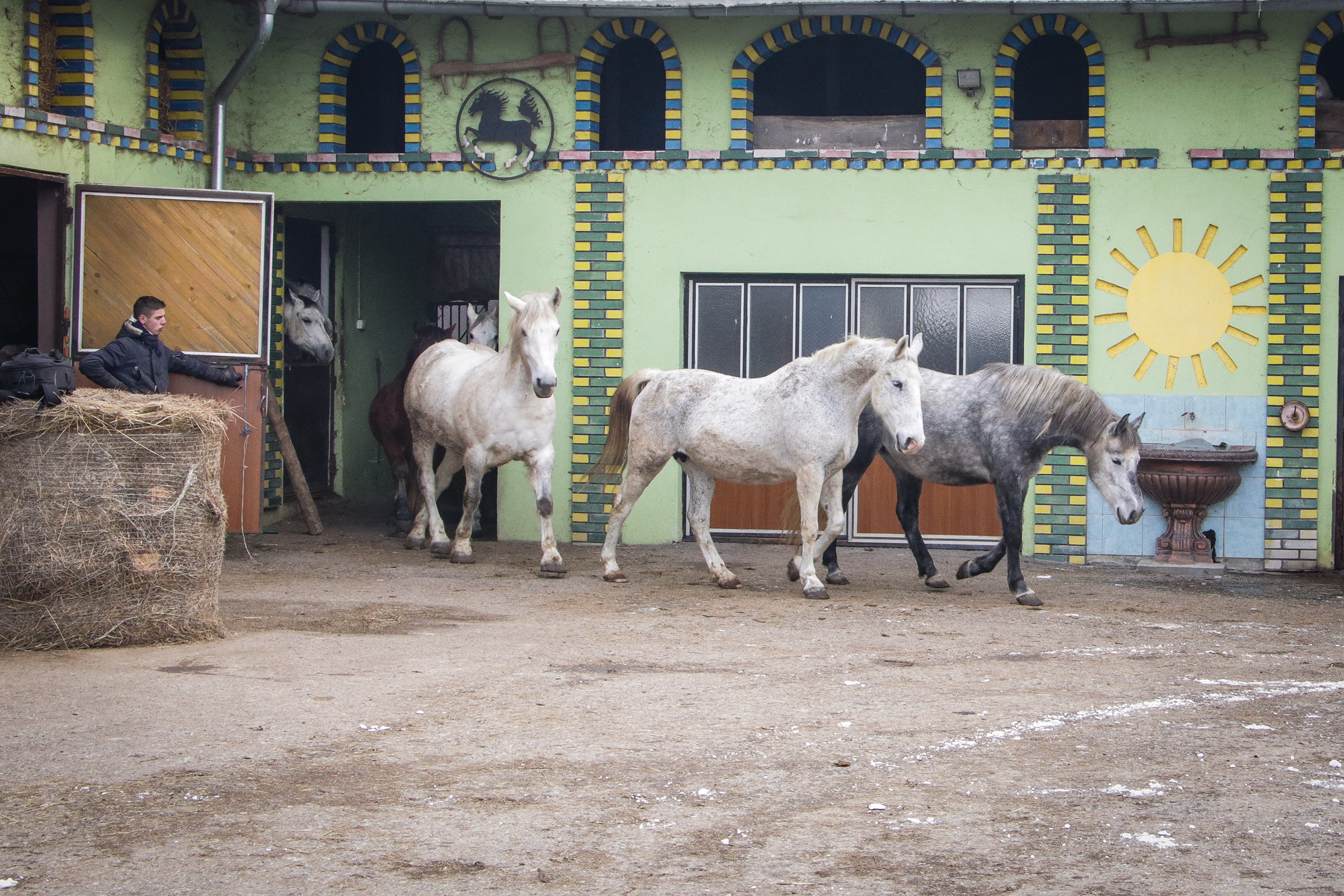
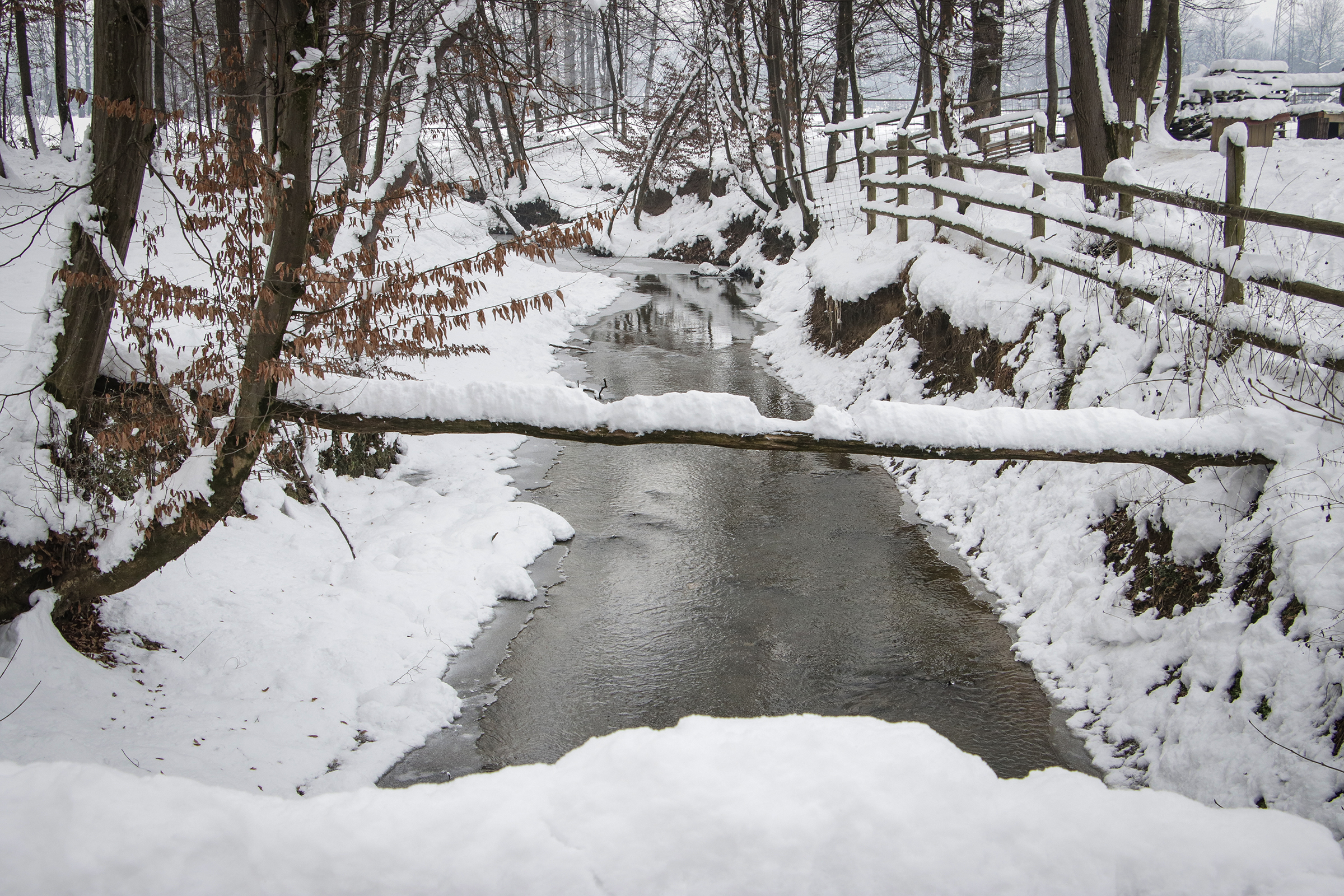
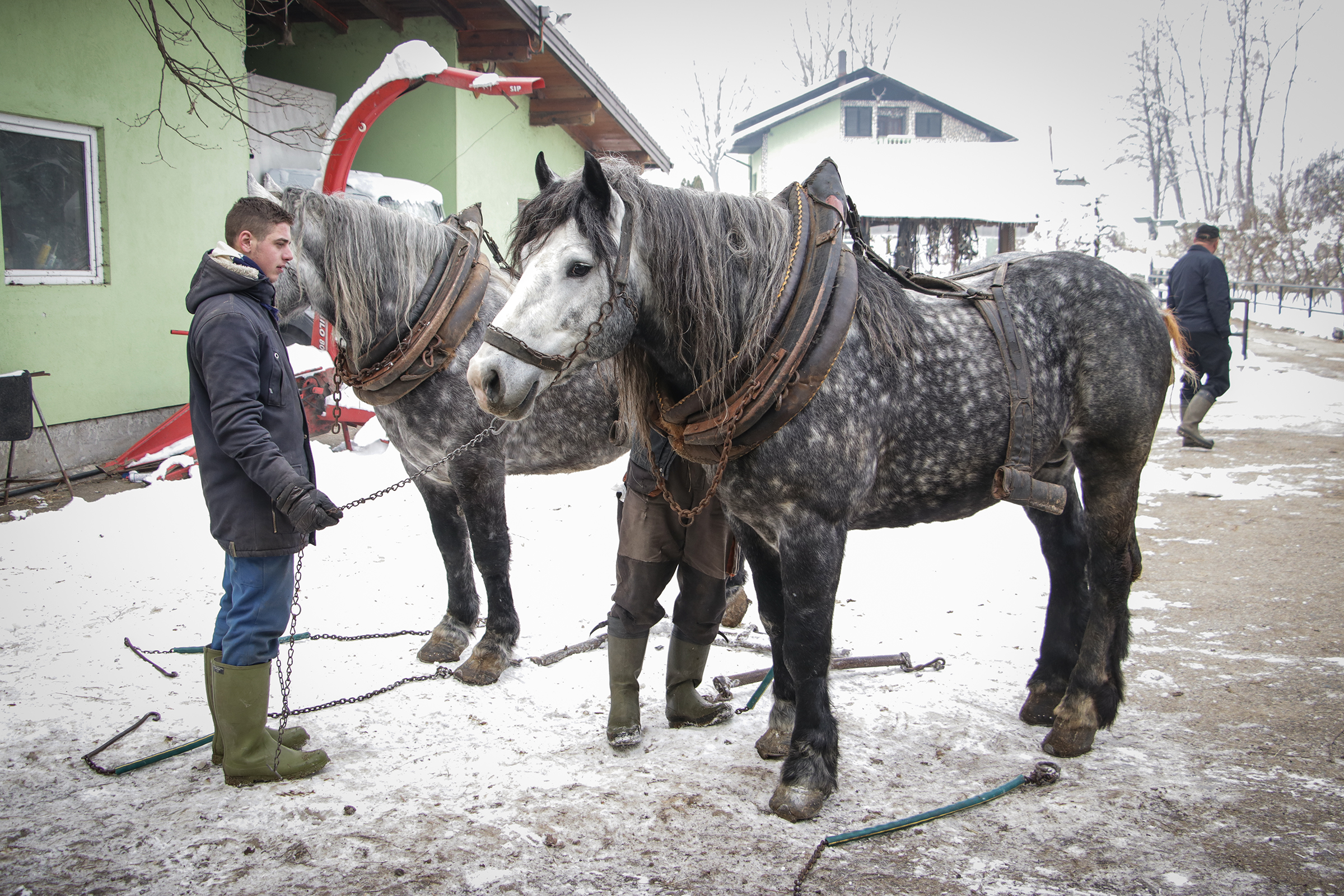

Anadolija | Anadolija
Više
Anadolija | Anadolija
Više
Anadolija | Anadolija
Više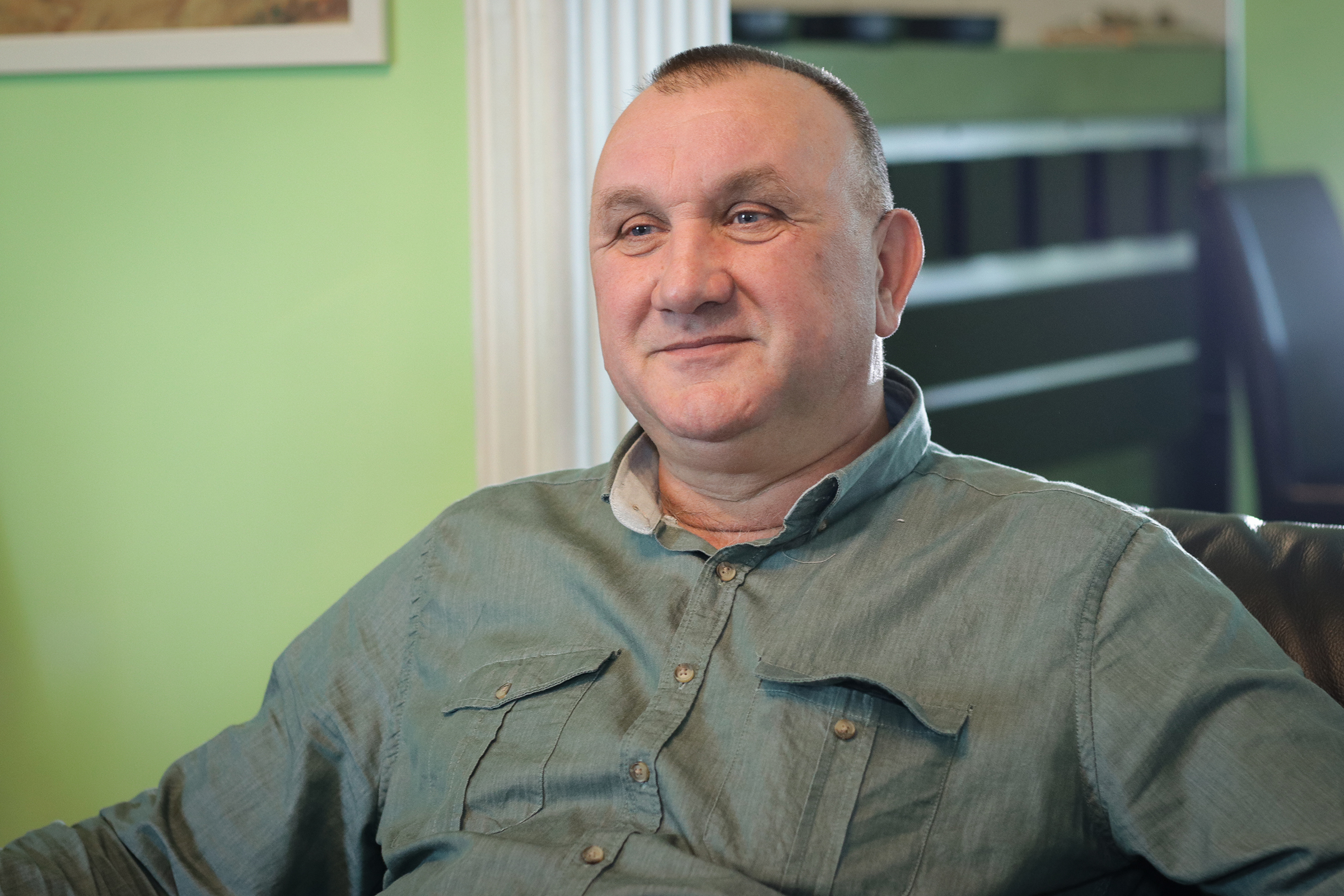
Anadolija | Anadolija
Više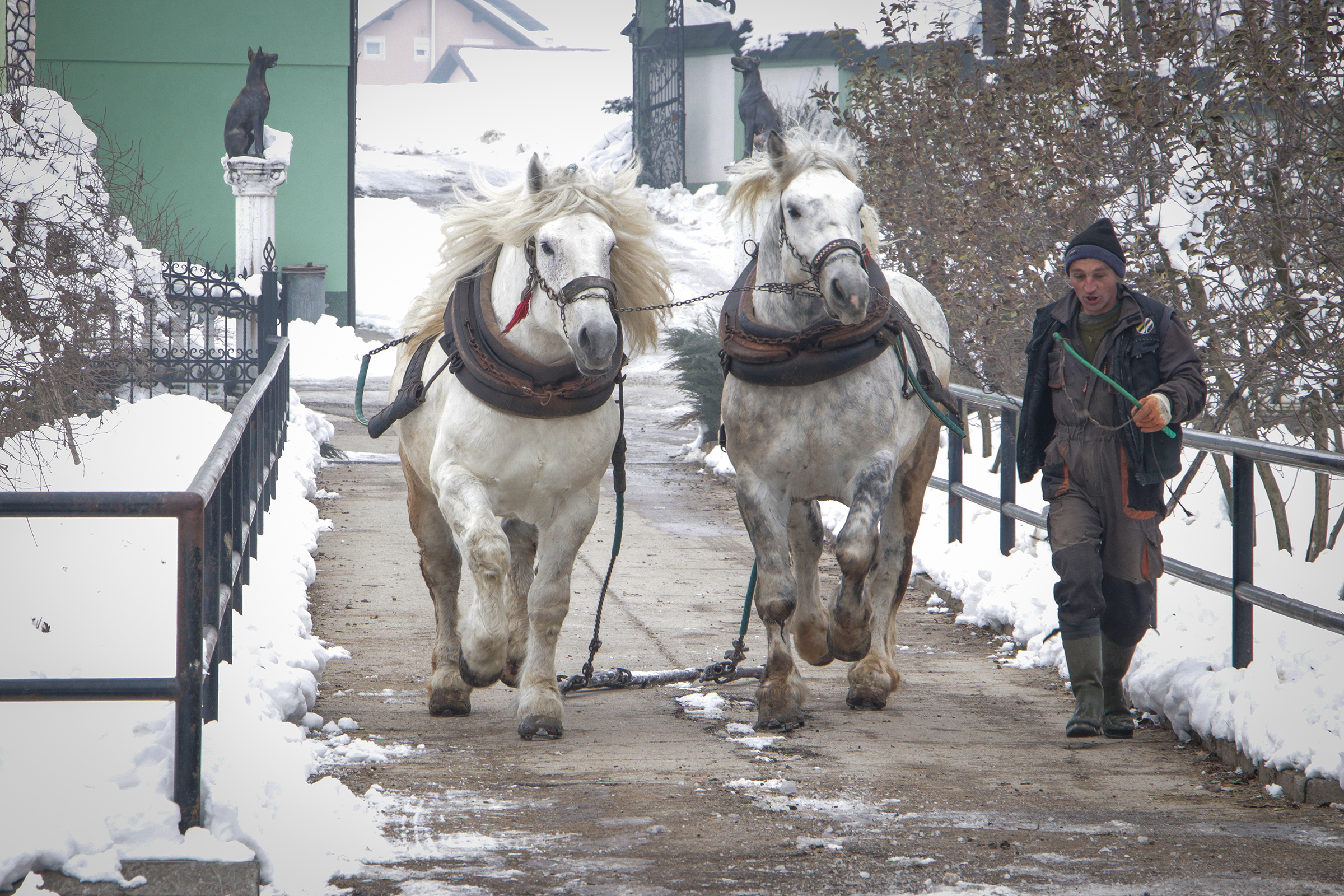
Anadolija | Anadolija
Više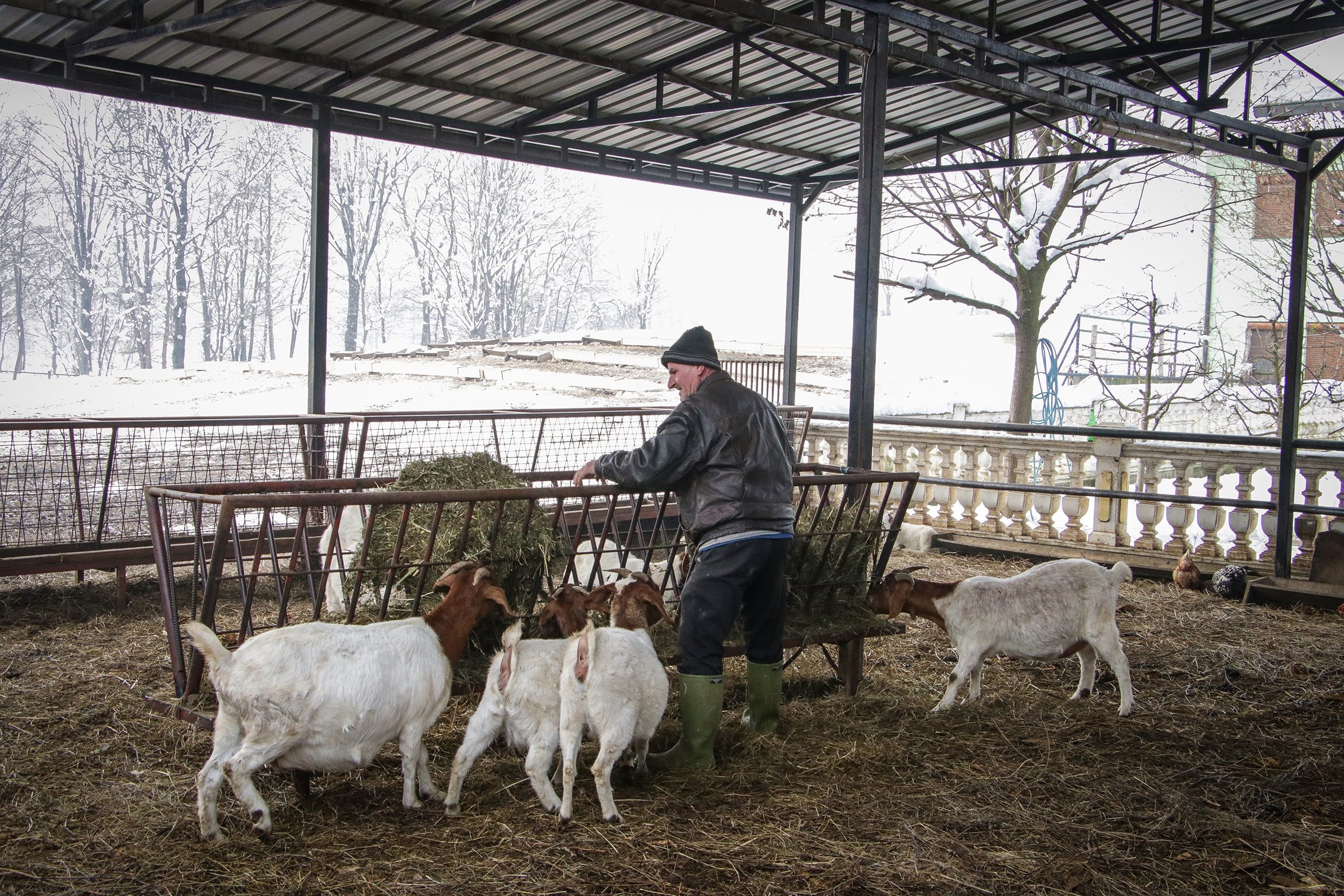
Anadolija | Anadolija
Više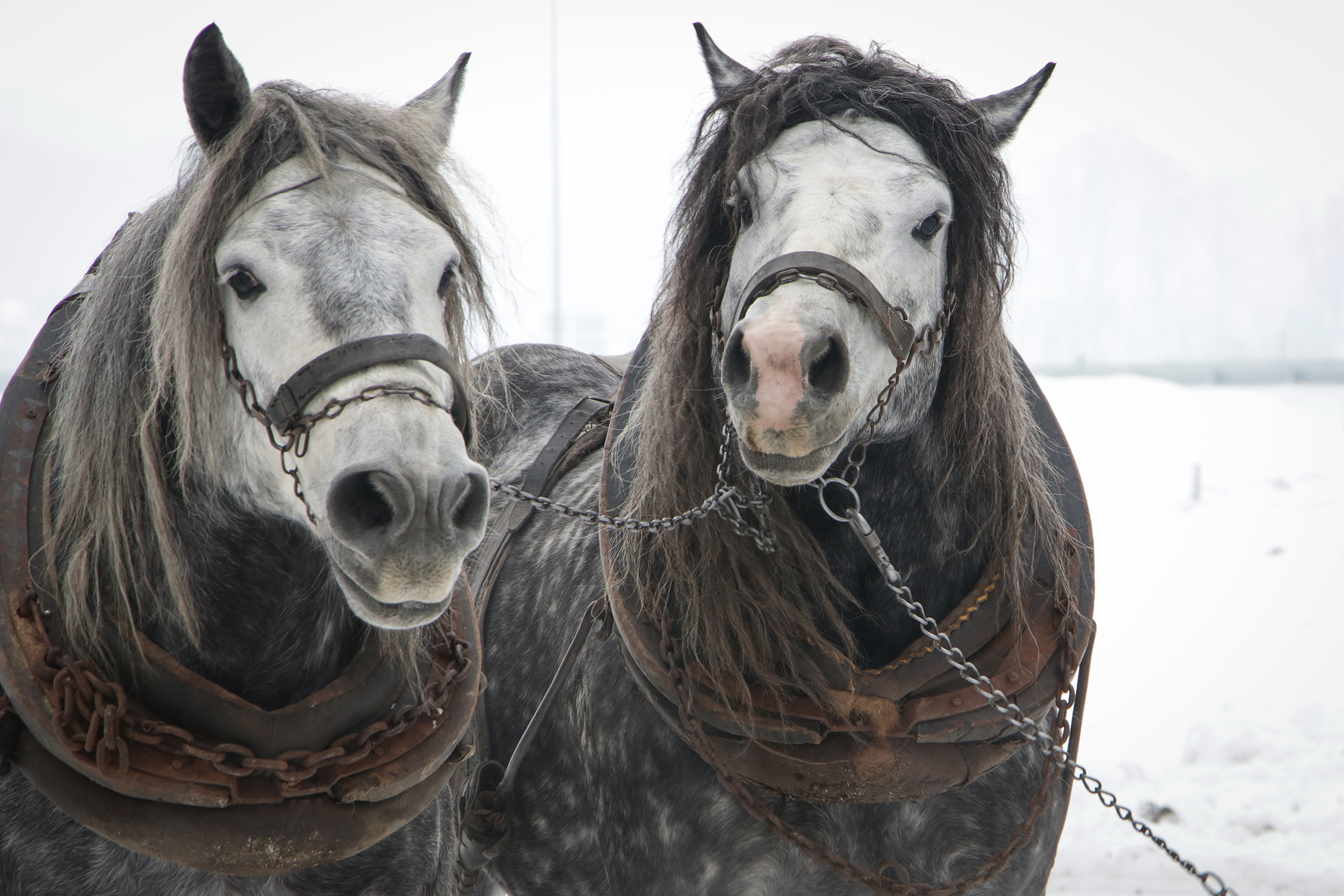
Anadolija | Anadolija
Više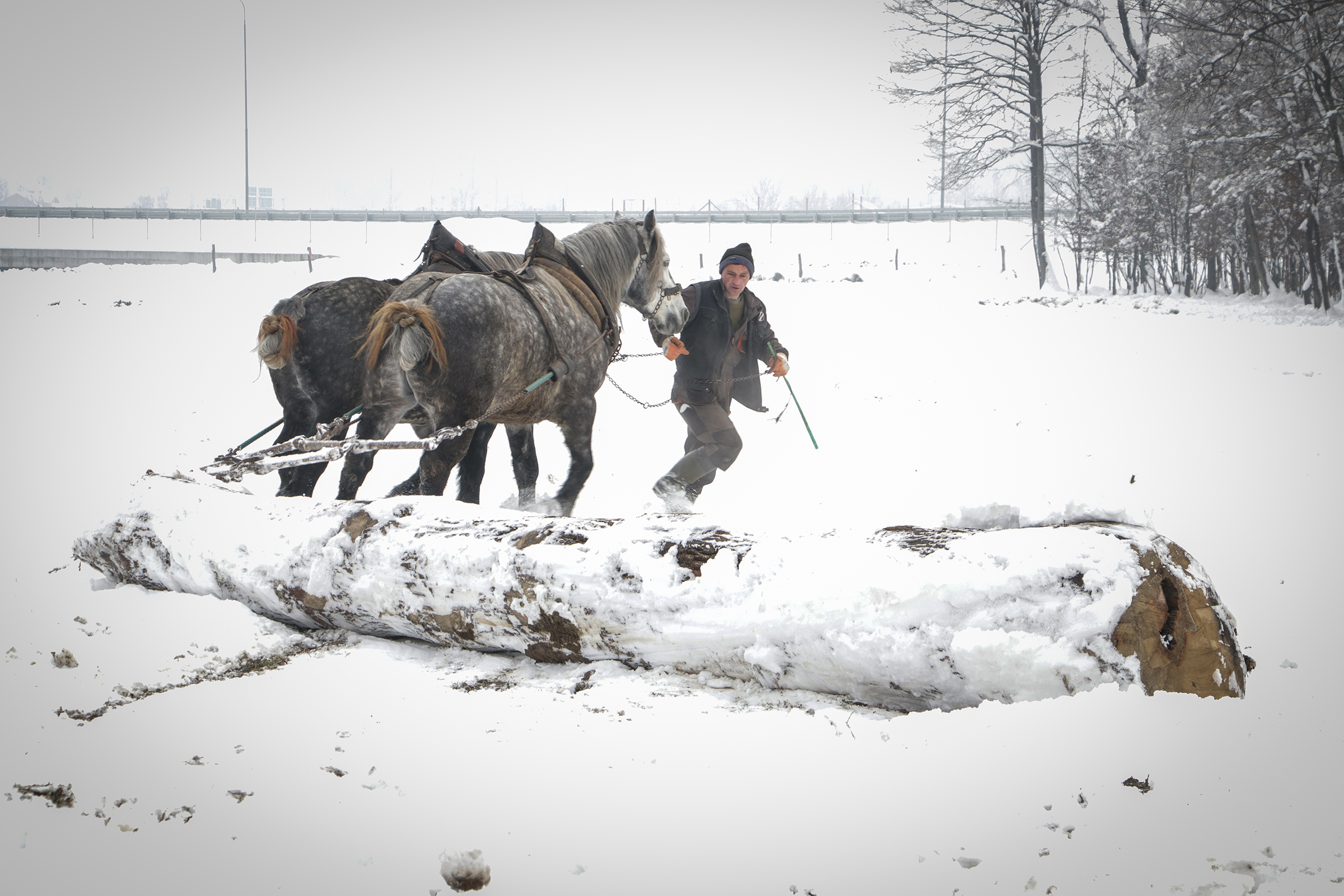
Anadolija | Anadolija
Više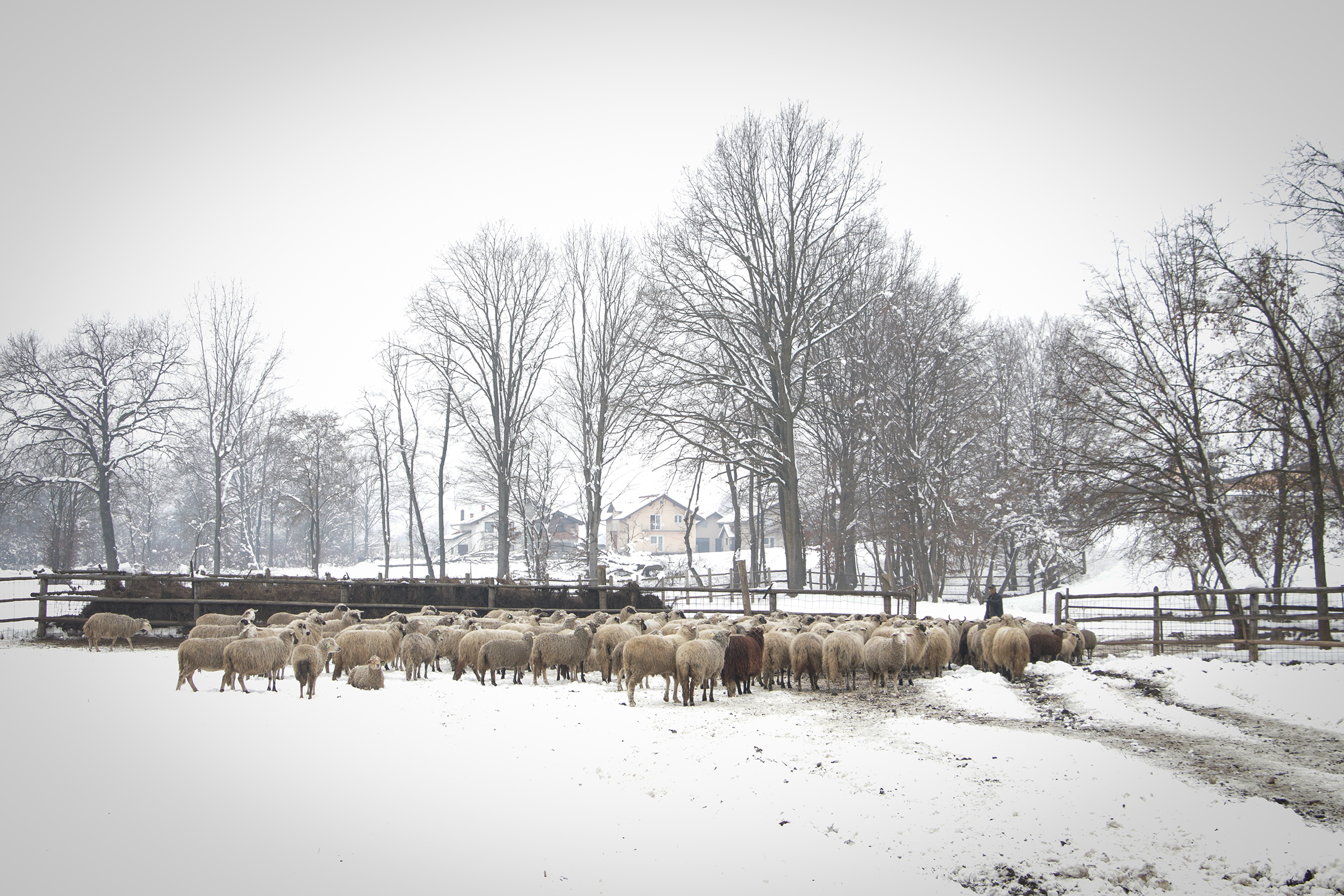
Anadolija | Anadolija
Više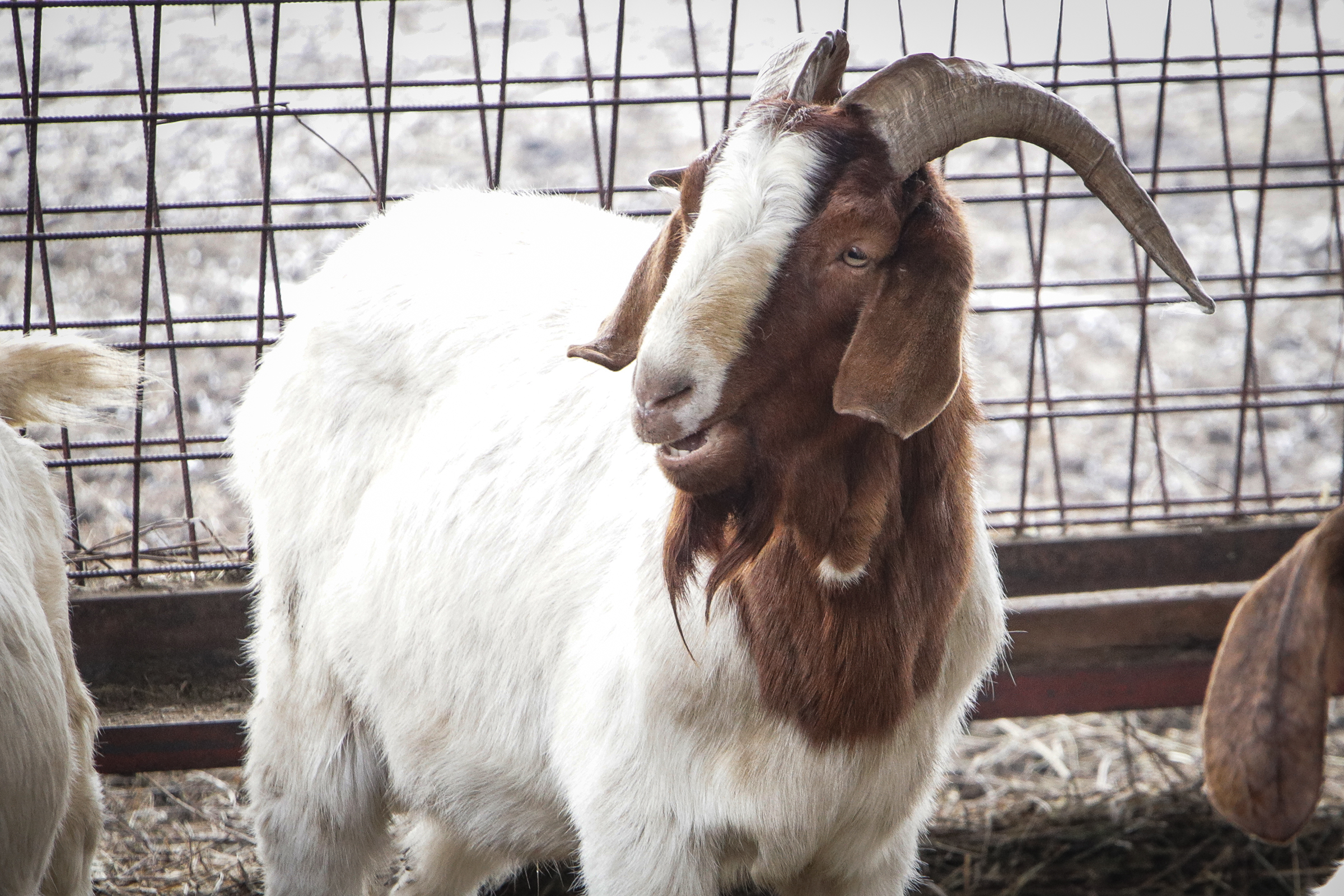
Anadolija | Anadolija
Više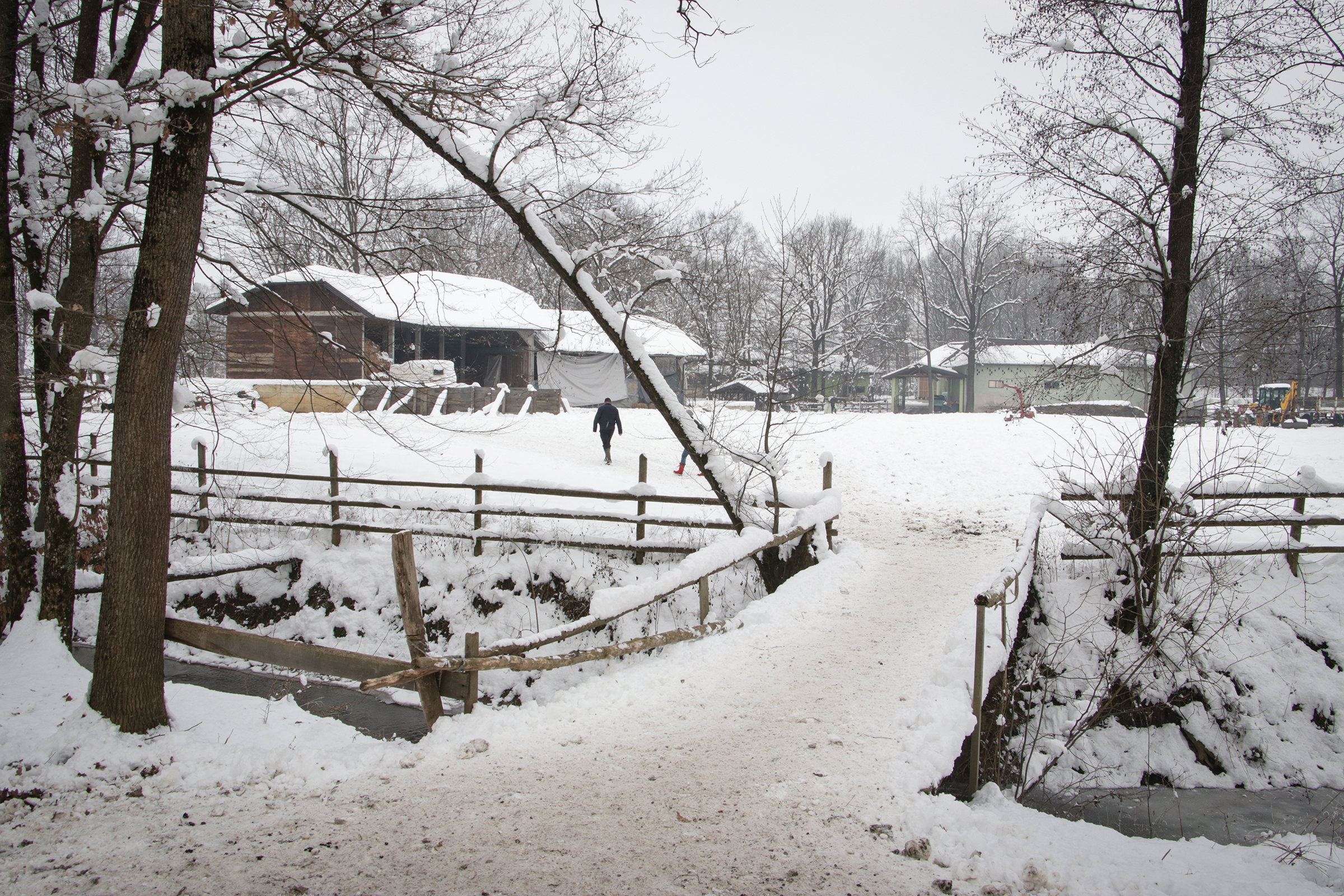
Anadolija | Anadolija
Više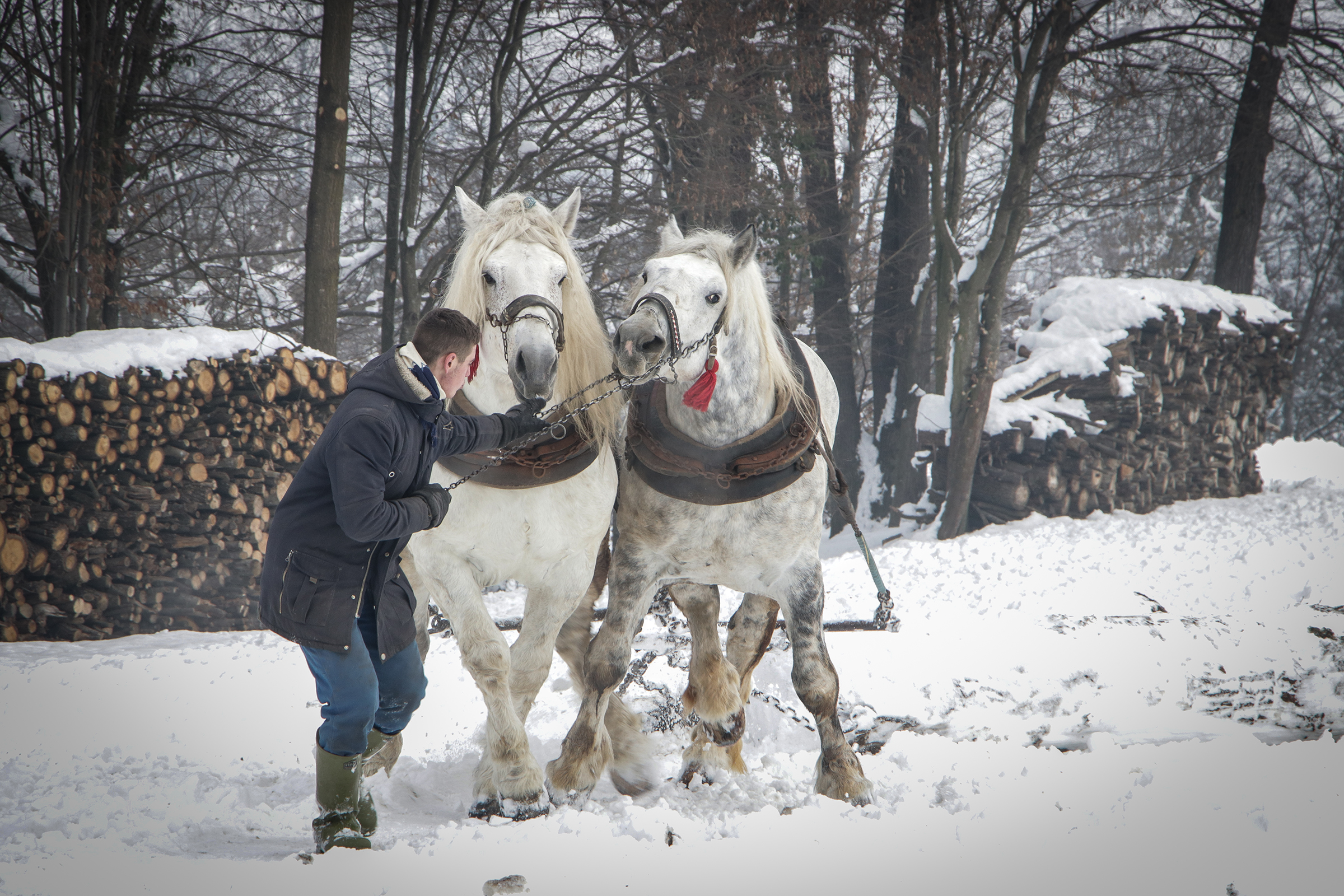
Anadolija | Anadolija
Više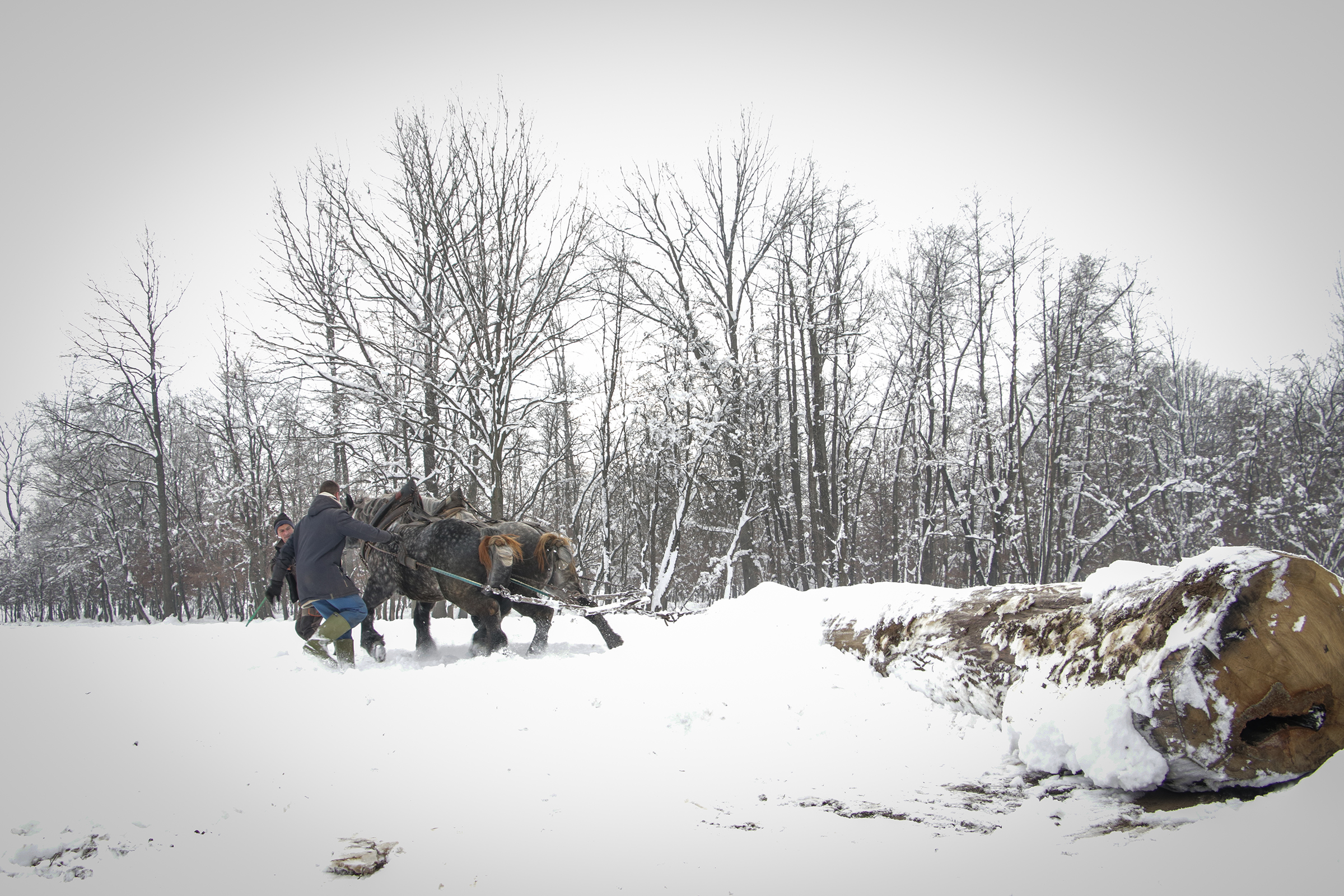
Anadolija | Anadolija
Više
Anadolija | Anadolija
Više
Anadolija | Anadolija
Više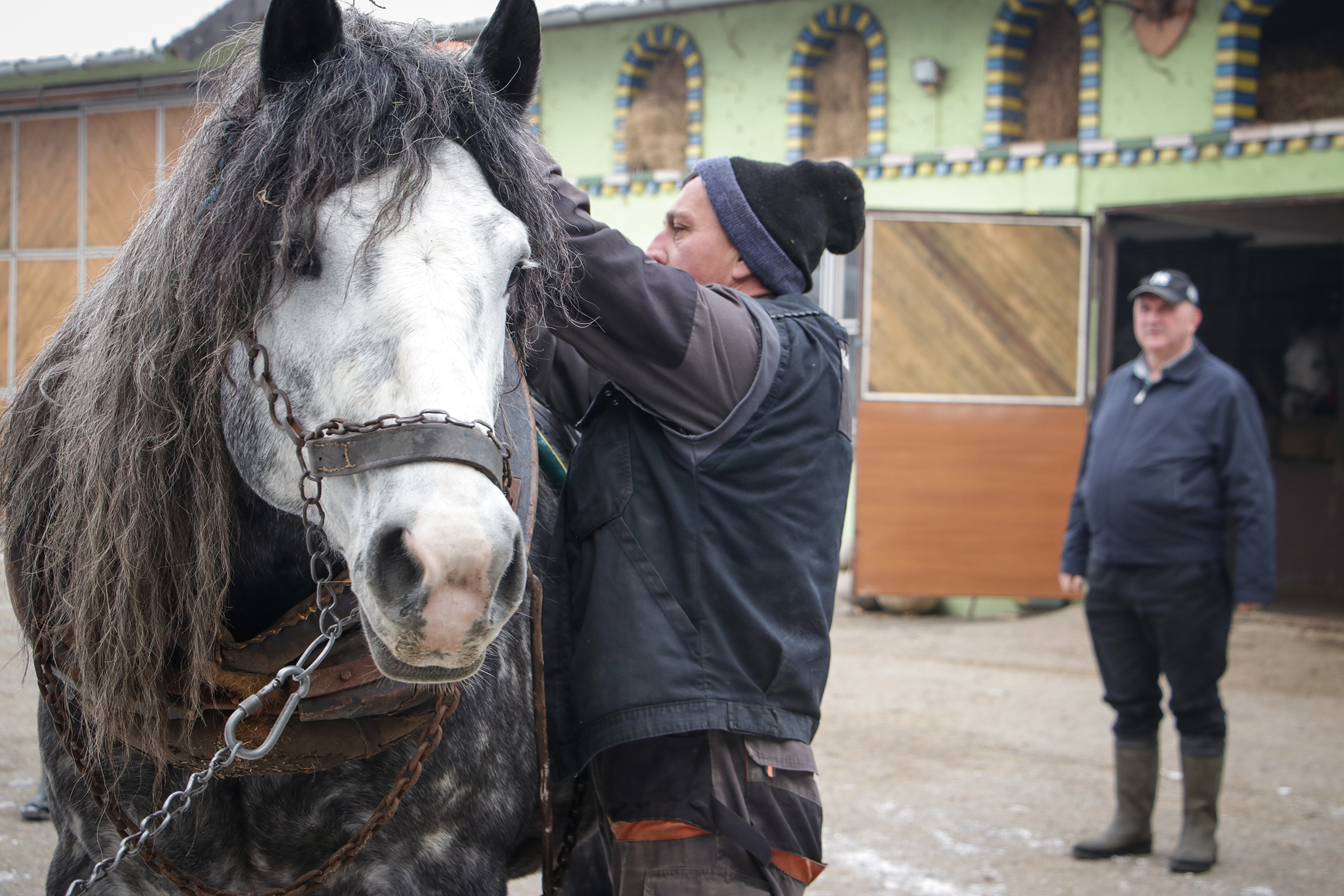
Anadolija | Anadolija
Više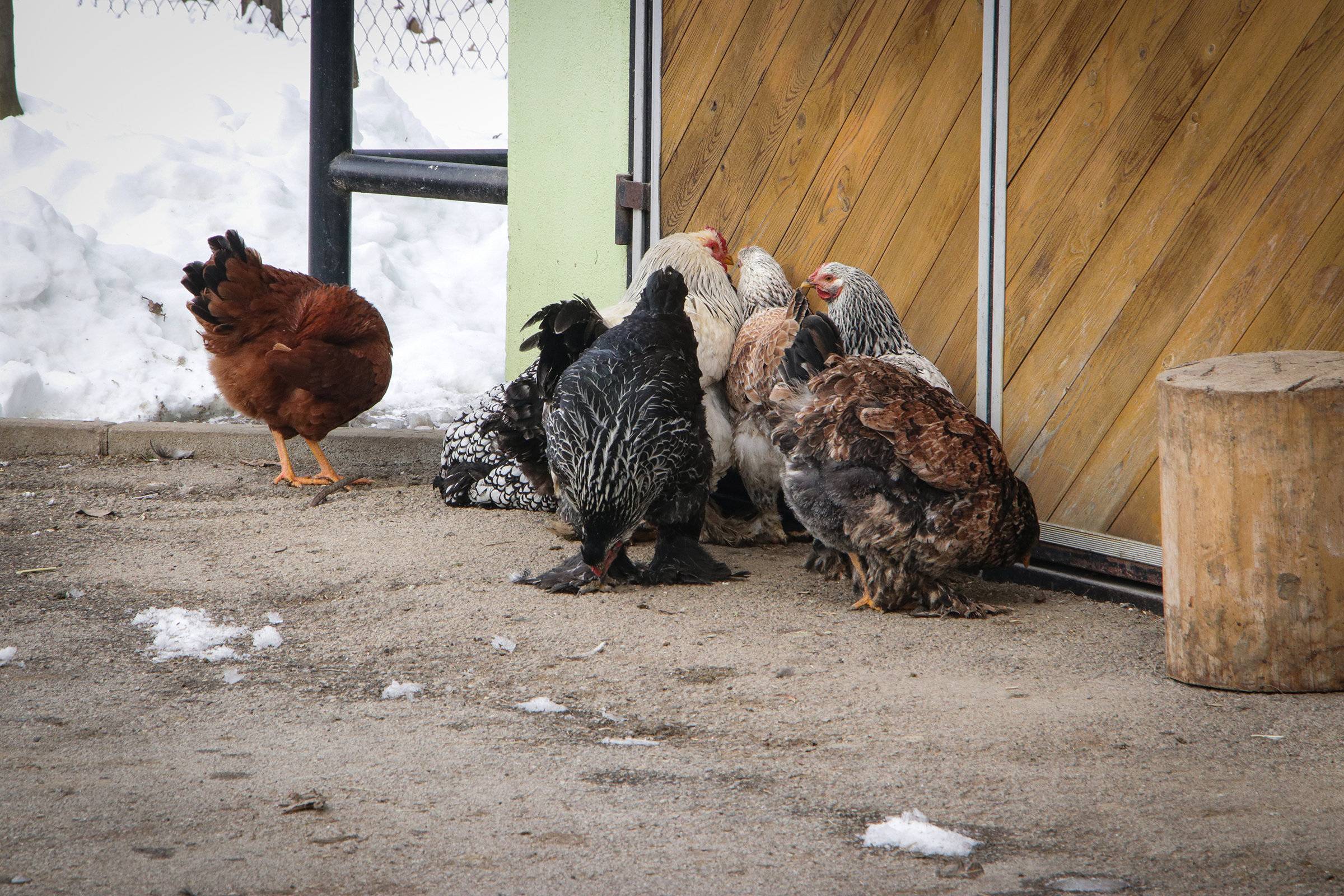
Anadolija | Anadolija
Više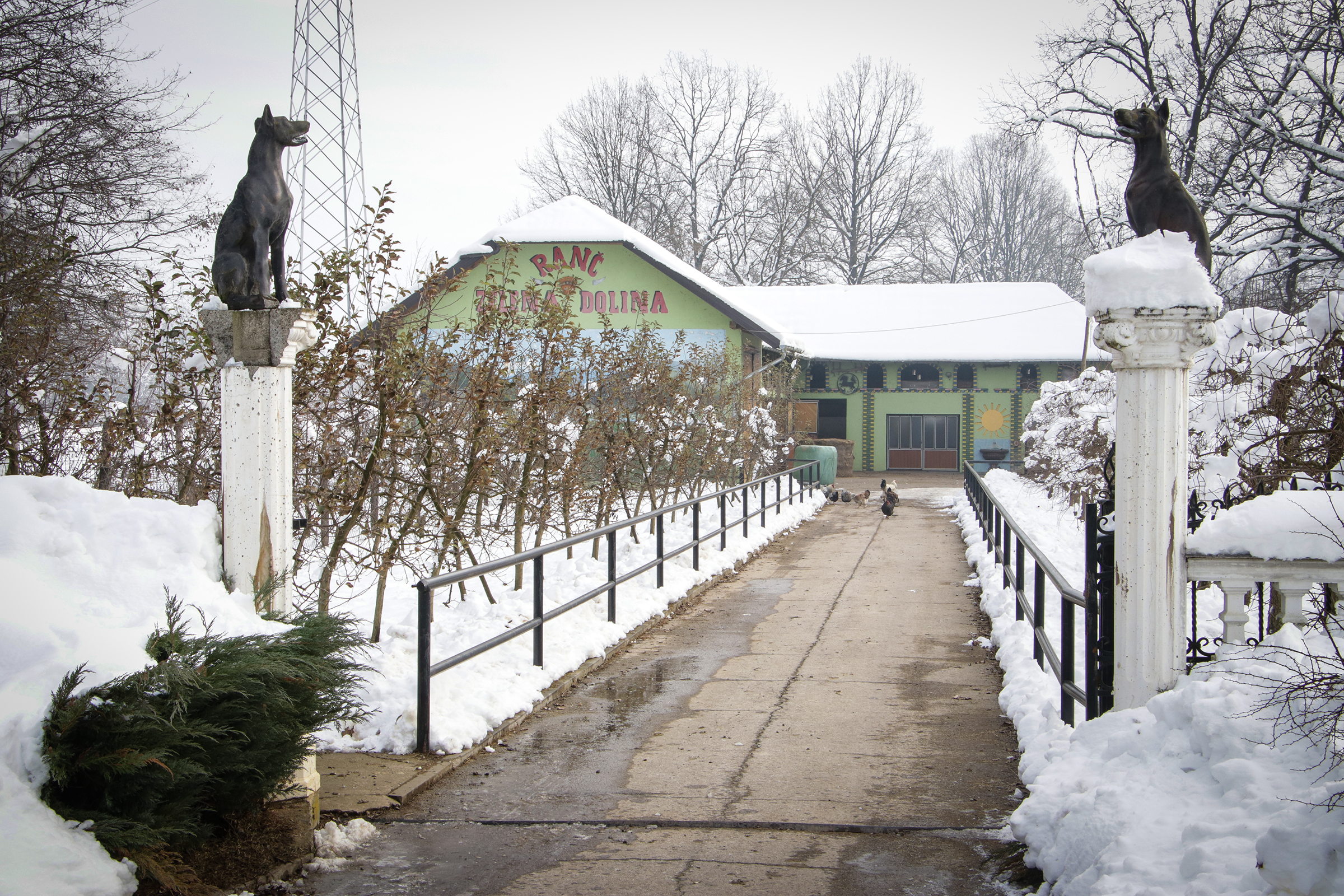
Anadolija | Anadolija
Više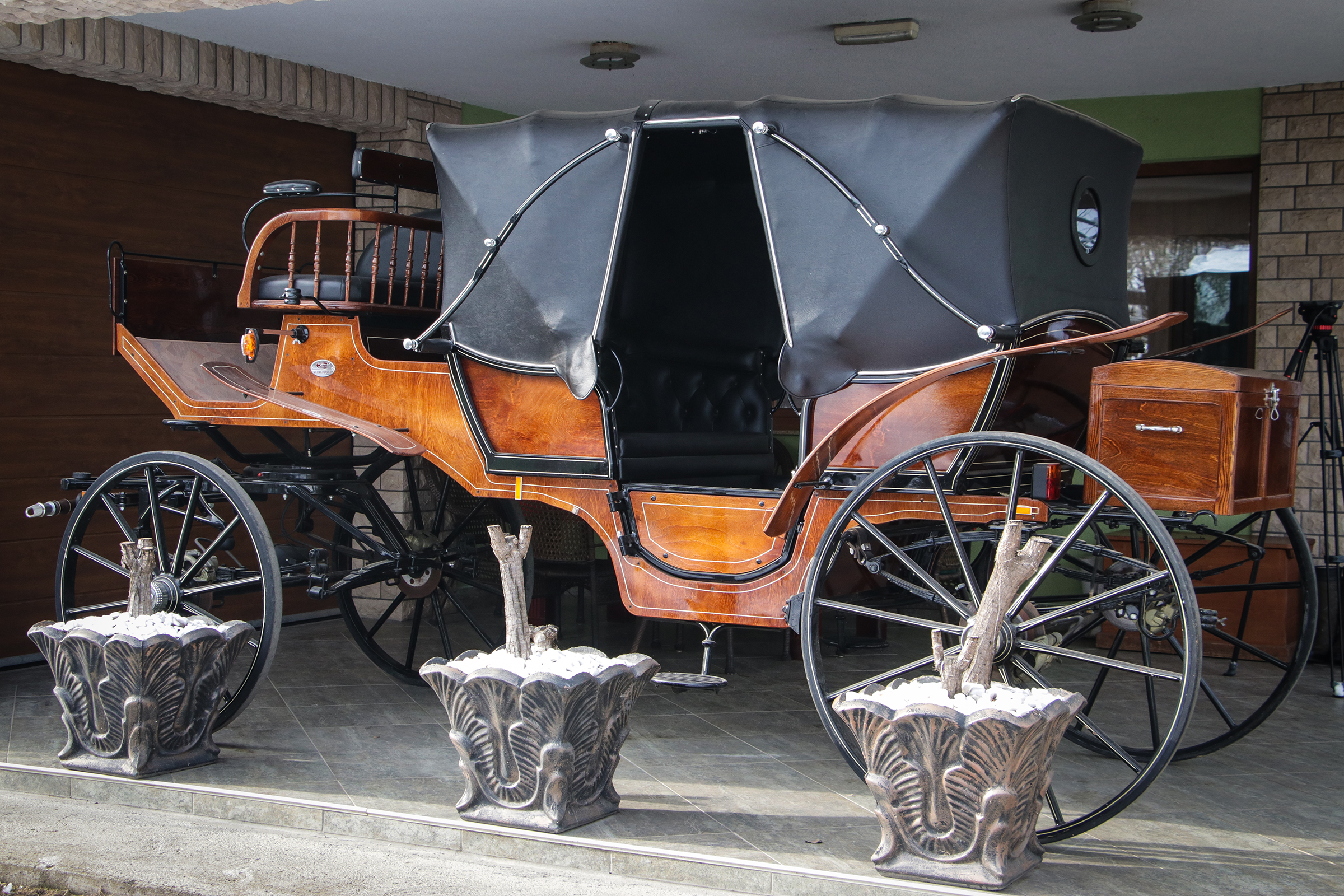
Anadolija | Anadolija
Više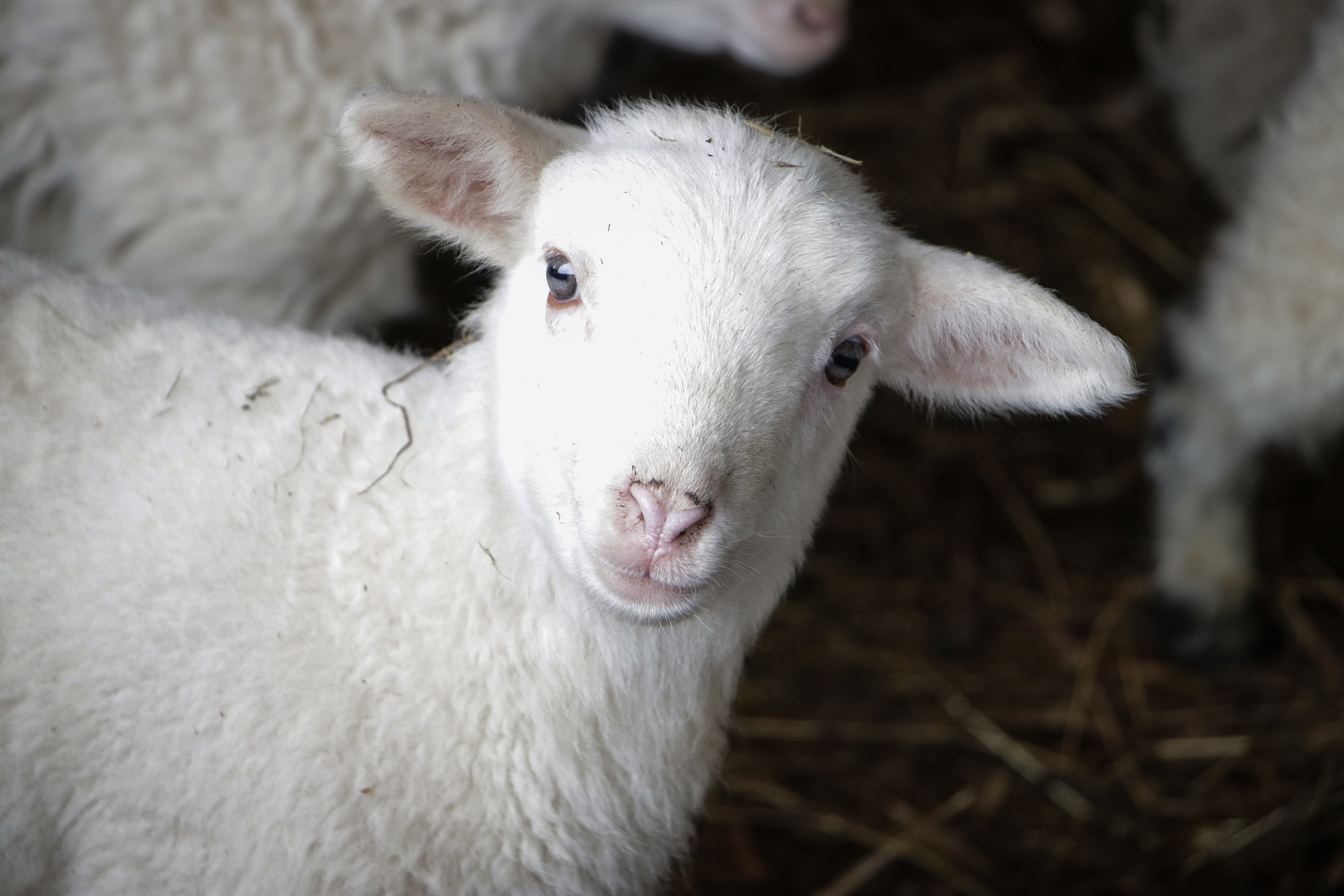
Anadolija | Anadolija
Više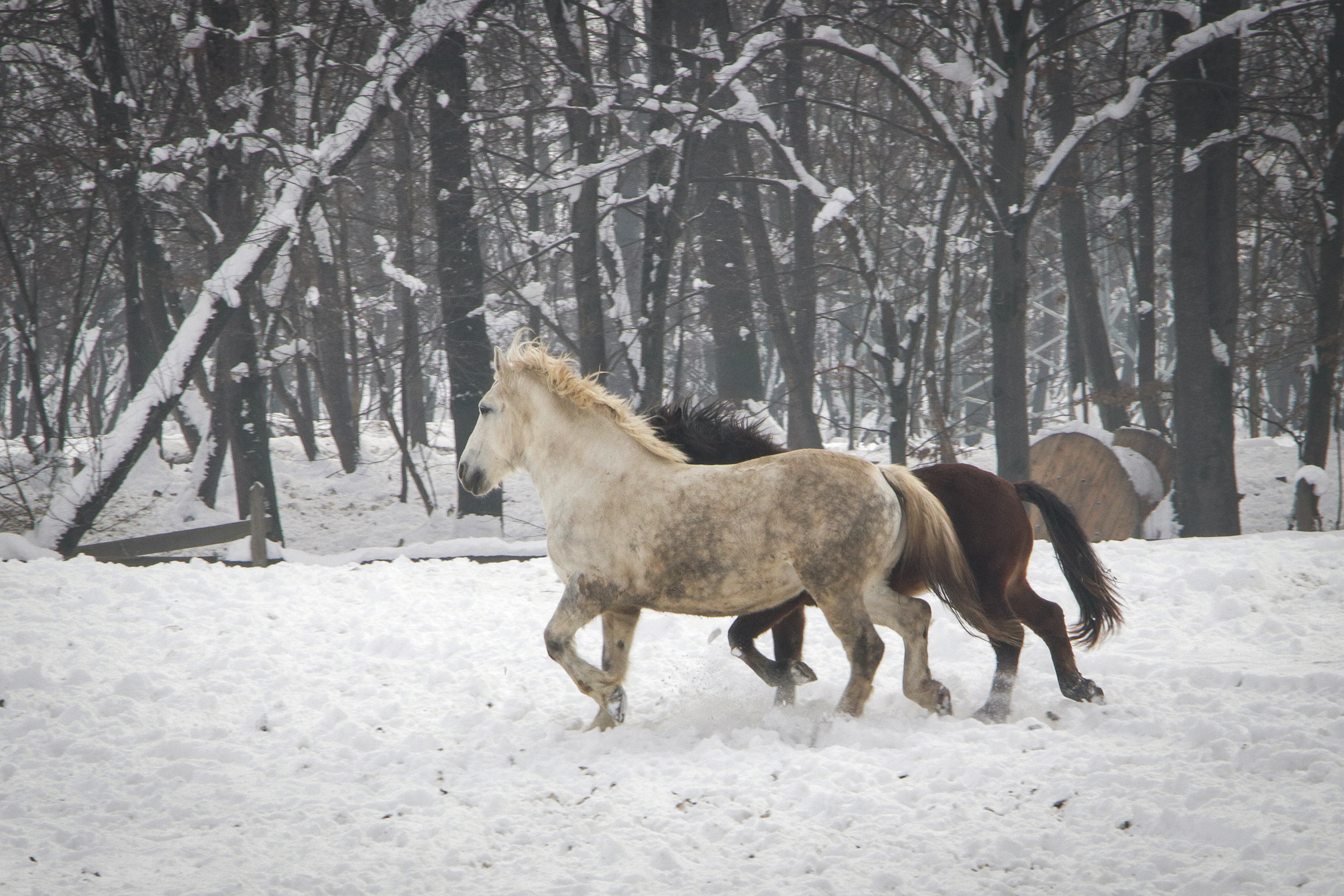
Anadolija | Anadolija
Više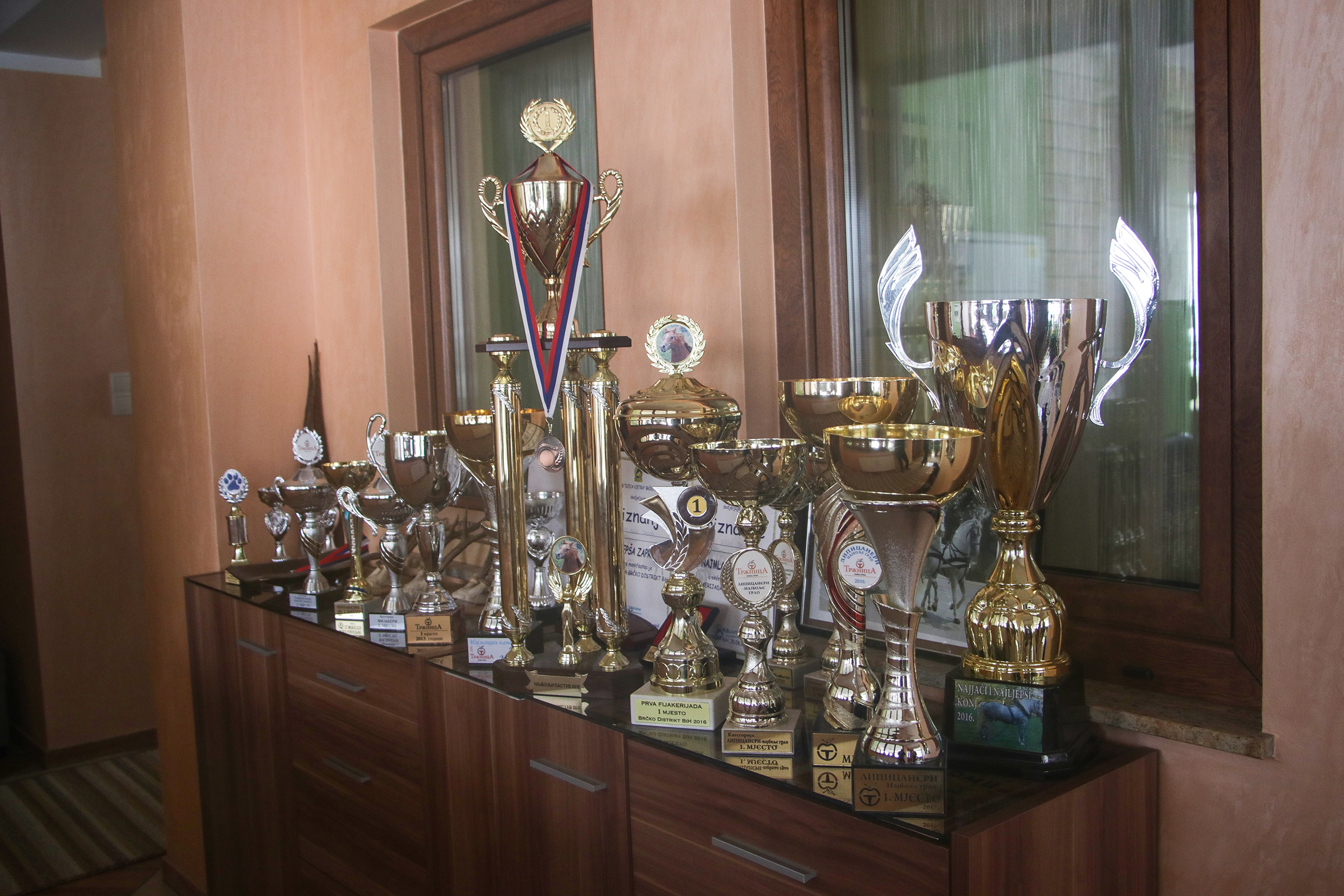
Anadolija | Anadolija
Više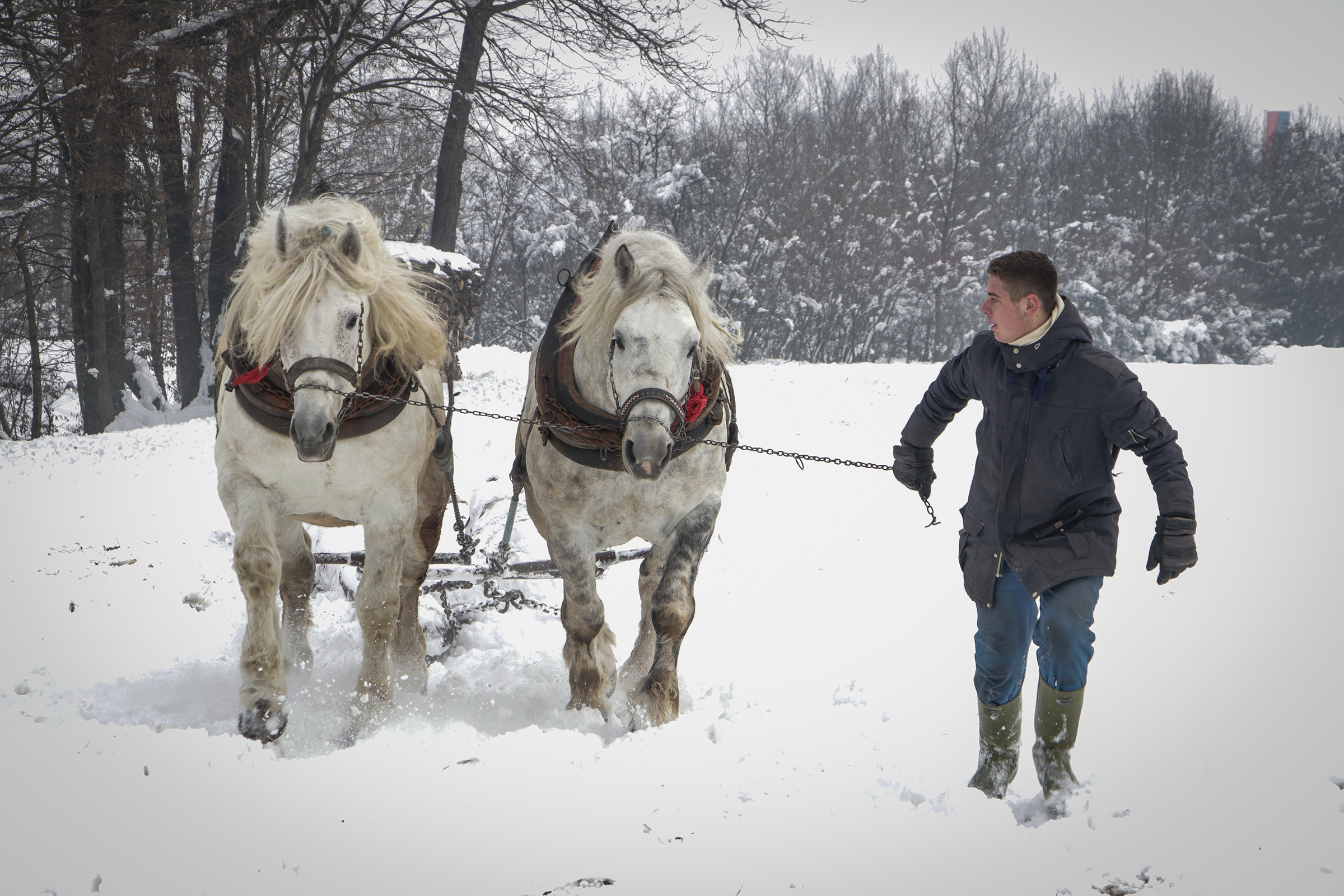
Anadolija | Anadolija
Više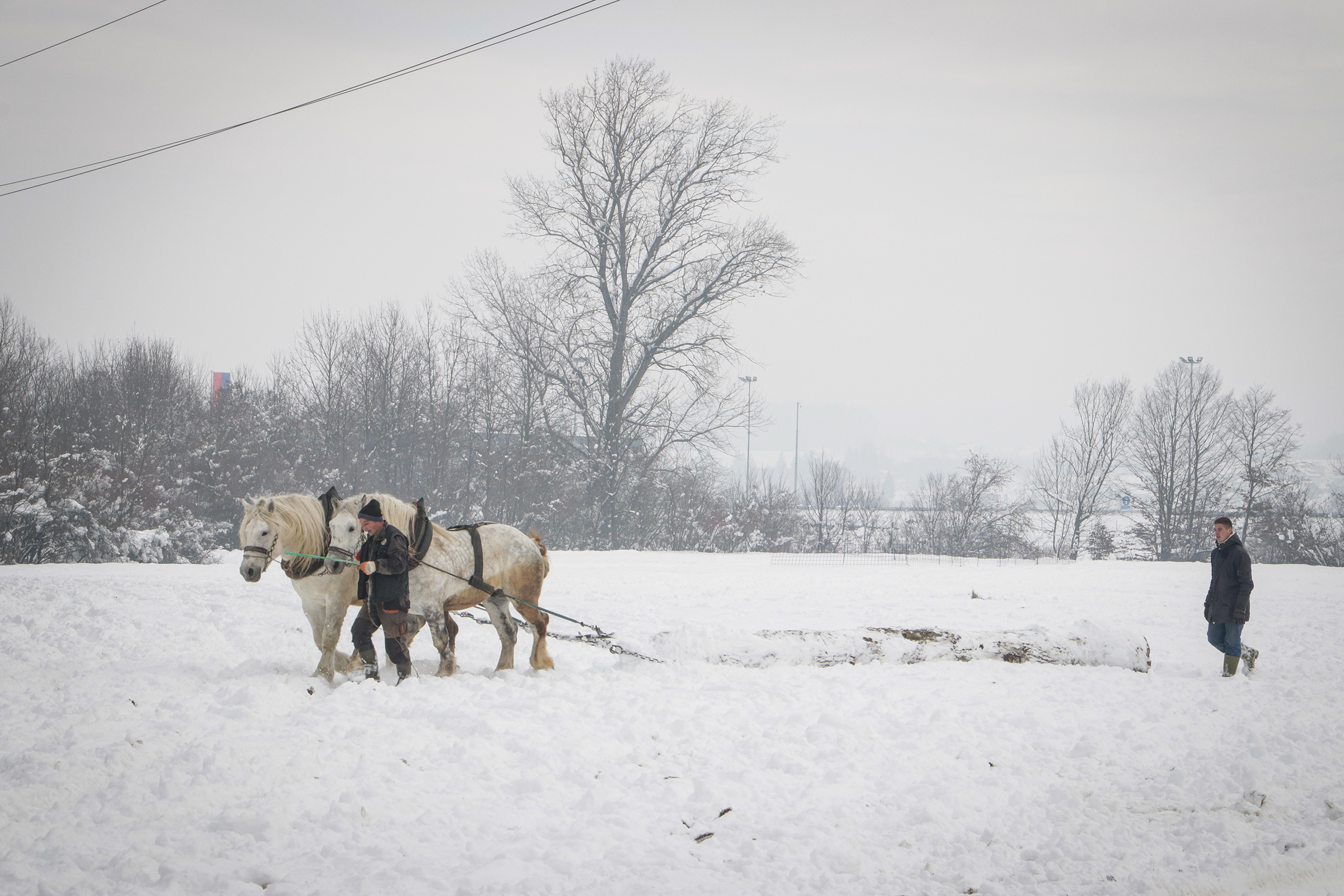
Anadolija | Anadolija
Više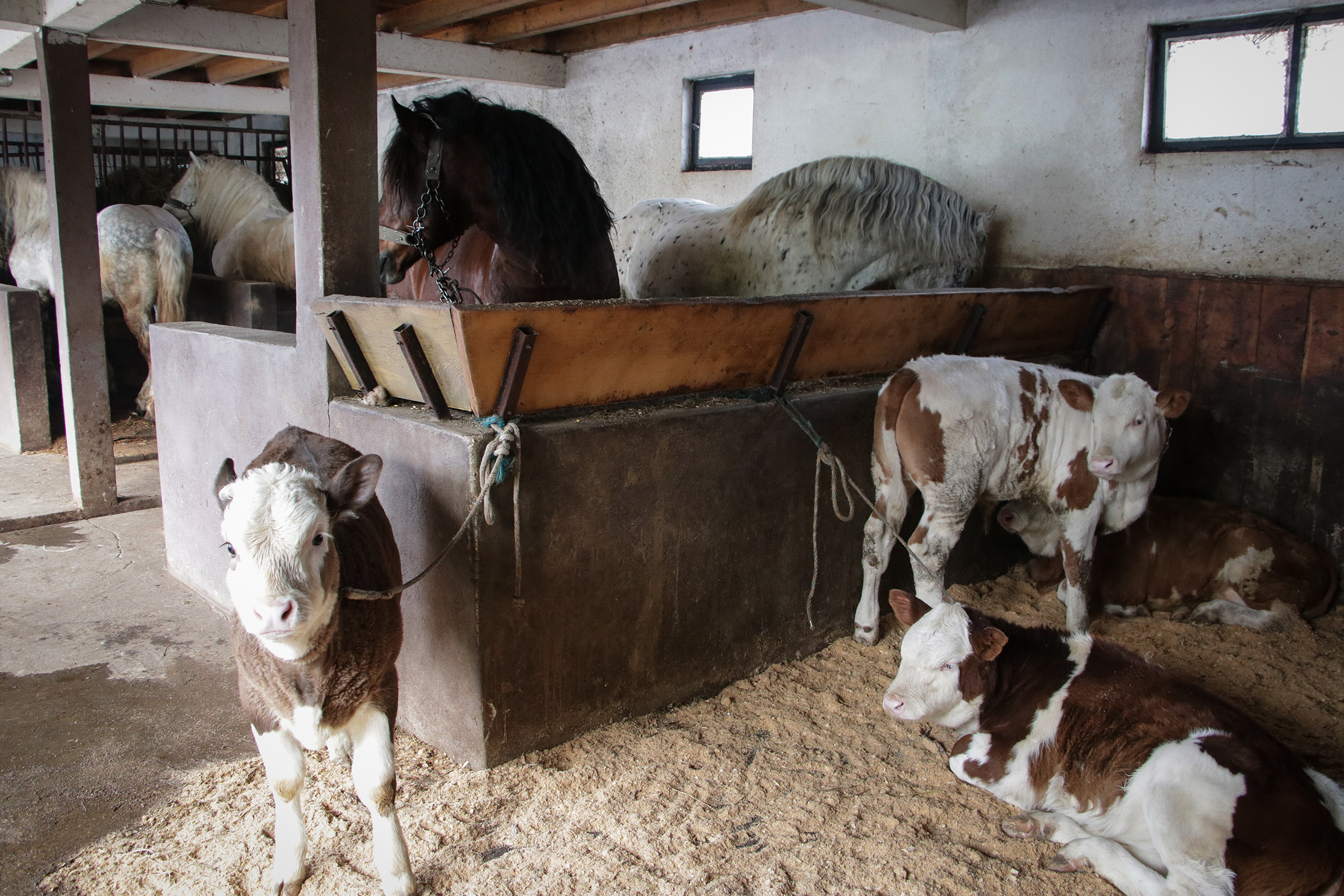
Anadolija | Anadolija
VišeIriskic’s home is decorated with awards which the horses he bread won at competitions.
Oglas
Iriskic is still a butcher as his father was, but he and his family keep the ranch “because we love animals,” he told Anadolu Agency.
It is hard work, he said. Although his sons are helping him when they visit on weekends, Iriskic said he still needs more manpower to maintain his ranch and that workers, especially the good ones, are hard to find.
It is expensive to maintain it, as the state is not helping with subsidies and he only gets 2,200 BAM for the sheep, which is not enough even to cover their immunisation, he complained.
"All the countries in the neighbourhood offer far more to farmers,” he said. “For example, in Croatia, they get 1,000 BAM for a horse. We don’t get anything.”
Oglas
Croatia gives farmers access to state land for pasture. Iriskic said he relies on good neighbours for that.
He himself produces about 90 per cent of the food for the animals.
His day starts at dusk when he feeds them. After that, most of the animals spend the day roaming around and playing.
Horses that compete need to run 10 to 15 kilometres a day to stay in shape, he explained.
Oglas
He then cleans the stables and by the time that is done, it is feeding time again.
Iriskic has five to six workers and can afford 10 days of vacation every year.
“We have those animals because we love them,” he explained but added that it is not something that brings him a lot of financial gains.
Kakvo je tvoje mišljenje o ovome?
Učestvuj u diskusiji ili pročitaj komentare
Oglas
Kakvo je tvoje mišljenje o ovome?
Učestvuj u diskusiji ili pročitaj komentare
Oglas





 Srbija
Srbija
 Hrvatska
Hrvatska
 Slovenija
Slovenija



























































